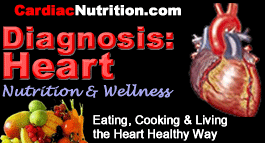Welcome!
Heart Disease
- Wellness & Nutrition
- Heart Healthy Recipes
Board Review
- General Surgery Board Review
- ABSITE High Yield Review
- Surgery SHELF Exam Review
- CT Board Review
- CT Oral Board Review
- Cardiology Board Review
Online
Store
- Buy Books Online
- Eating for Healthy Heart
- Understanding Heart Disease
- High Blood Pressure & Stroke
Contact Us
About This Site
| Unable to connect to database |
